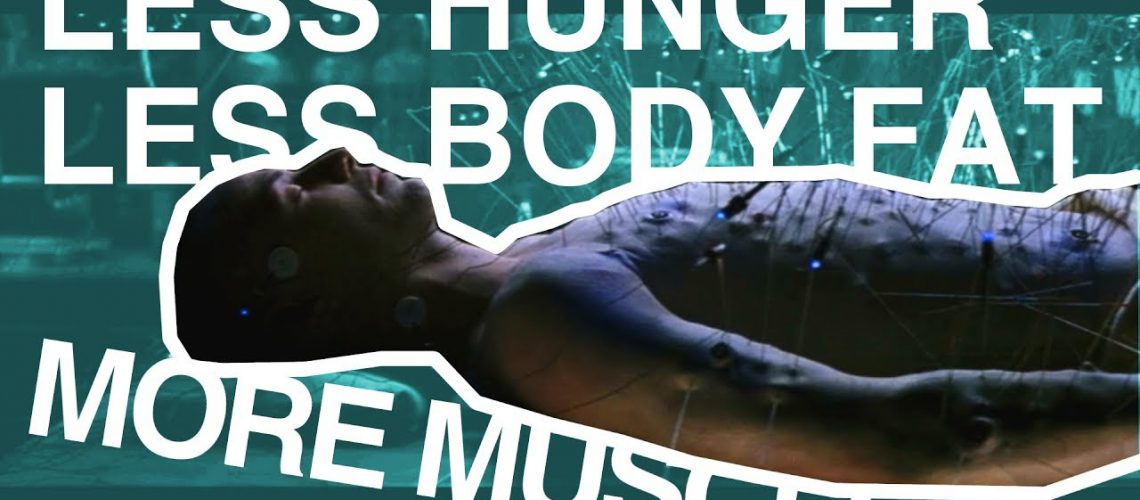Fasting Vs. Eating Less: What's the Difference?
This is about the drastic physiological differences between fasting and eating less.
Video By What I’ve Learned
Key Takeaways
Ghrelin the ‘hunger hormone’ has been shown to increase appetite and weight gain. Usually lowest at 9 AM and comes in waves, rising in sync with normal lunch and dinner times. However, the ghrelin rise spontaneously decreases after two hours without food.
This is very helpful to keep in mind if you’re doing a long fast or even if you’re starting intermittent fasting- you’re going to get annoying waves of hunger, especially around the times you usually eat. But, it won’t get worst. The hunger will simply go away if you are patient.
Ketosis the physiological state where your metabolism switches to using primarily fat for energy. Some benefits include better physical and mental efficiency. Ketosis occurs when you restrict carbohydrates down to <50gs or less and you don’t eat too much protein. Every body is different, but the recommended ratio is to get 5% carbs, 25% protein, 70% good fats. A simpler way to enter ketosis is to just don’t eat anything for a long enough time.
Insulin is necessary for glucose to get into the cell to be used for energy. When you eat carbohydrates, the pancreas secretes insulin to deal with it and too much insulin hampers the action of something called hormone sensitive lipase which is necessary to mobilize fat and use it for fuel.
When the body is having a hard time switching to fat for fuel, it will do a couple of things: one, it will simply slow down metabolism to preserve energy. In the case of fasting, metabolism actually goes up. The other thing the body will do when it can’t use fat for fuel is breakdown muscle into glucose through a process called gluconeogenesis.
The body doesn’t want to do this too much because it’s not very smart to eat through something as important as muscle, but when it cant access its own stored energy it’s more likely to resort to this. This is why you’ll experience more muscle loss on caloric restriction than if you ate nothing.
When you are fasting, Human Growth Hormone is released. HGH is an anabolic hormone conducive to growth. HGH is protecting your muscles from breaking down. A study shows that HGH rises significantly after the 2nd day of fasting.
The state of ketosis is a great indicator that your body is making good use of its stored body fat for energy. One last factor in ketosis preserving muscle is leucine. When you’re in ketosis you have a higher fasting blood leucine level. And leucine is a key branch chain amino acid that has an anabolic effect on the body so it preserves lean body mass.
To sum this all up: compared to a conventional calorie-restricted diet, fasting means you lose more weight in the form of fat, you keep more muscle, you have more energy, and you are less hungry. If proper weight loss is your goal, it might be better to eat nothing at all rather than eating a conventional low-calorie diet.

